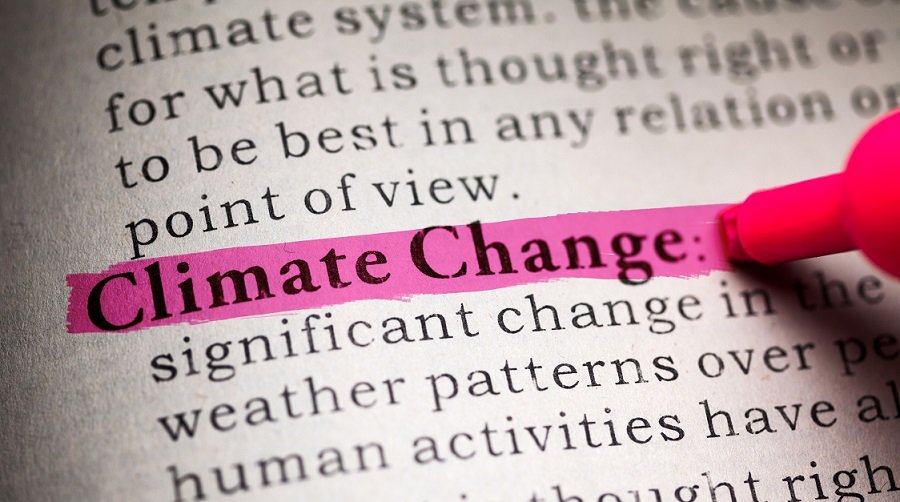On March 18, 2022, the Ministry of Climate Change of Pakistan announced an updated version of its National Climate Change Policy (dated October 2021), which aims to make the country more resilient to climate change and lead to a low-carbon society. The updated Policy highlights the Ten Billion Tree Tsunami Program, which is the government’s top priority, in addition to the Urban Greening Project, the Clean Green Pakistan Campaign, and the Protected Areas and National Parks Initiative. The Clean Green Pakistan Campaign and the Protected Areas and National Parks Initiative focus on the Eco-system Restoration Initiative (ESRI) with the goal of expanding protected areas to at least 15% of Pakistan’s area by 2023. In addition, this policy provides a framework for the conservation of water resources and energy, and the reduction of greenhouse gas (GHG) emissions.
Water resource management
Pakistan’s freshwater resources are dependent on melting snow and glaciers and monsoon rains, which are strongly affected by climate change. In Pakistan, the National Water Policy, which outlines a comprehensive framework, was approved in 2018. In addition to water storage, water infrastructure, and conservation strategies, the updated national policy outlines the policy direction for the legal framework.
- In order to protect water resources from further degradation, enact and implement management methods for industrial and domestic water.
- Establish and enforce the necessary laws and regulations and groundwater regulatory frameworks for efficient water resources management.
- Declare and protect the glaciers in the Hindu Kush Himalayas (HKH) as “protected areas” by agreements between countries sharing the Himalayas.
Energy conservation
To reduce carbon emissions and meet climate change mitigation targets, the Government of Pakistan will take the following policy measures:
- Promote energy efficiency and management activities that include new and innovative energy efficiency methodologies and techniques in various sectors, especially power generation, transport, industry, biomass, and waste;
- Enact and enforce energy conservation legislation and audit standards;
- Conduct, support and incentivize energy audits for industry and businesses;
- Promote and gradually make it mandatory to specify the energy efficiency/fuel consumption rates of energy using equipment and devices of common use.
Greenhouse gas (GHG) emission reduction
The main industries in Pakistan are textiles, fertilizers, sugar, cement, steel and petrochemicals, which account for more than a quarter of GHG emissions from the energy sector and more than 5% of the country’s total GHG emissions. The Government of Pakistan has indicated the following measures to help reduce these emissions in the long term:
- Prepare voluntary “Corporate Social Responsibility” (CSR) guidelines and encourage the corporate sector to create a CSR fund to cover carbon emission reduction efforts in industrial sector;
- Promote the use of energy efficient motors in the industrial sector;
- Encourage the industrial sector to have periodic “Energy Efficiency Audits”;
- Explore and introduce incentives for industries to adopt low- emission technologies;
- Legislate opportunities for industry to facilitate transition to circular economy model and boost the market demand for recycled products.
This policy provides a comprehensive framework for addressing the problems faced by Pakistan due to climate change and is regularly reviewed and updated in line with advances in science and technology.
The updated version of the National Climate Change Policy can be downloaded from the following URL.
http://www.mocc.gov.pk/SiteImage/Policy/NCCP%20Report.pdf
 Pakistan updates National Climate Change Policy
Pakistan updates National Climate Change Policy 

























